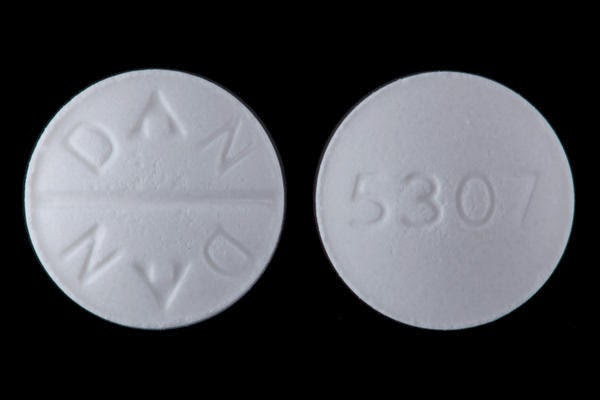Christian drama "Left Behind," starring Nicolas Cage, has been set for an Oct. 3 release in the U.S. via Stoney Lake Entertainment.
The film, centered on the well-known Biblical-themed books by Jerry B. Jenkins and Tim LaHaye, will come into the market at a time when faith-based movies are proliferating.
"We're seeing a number of big, biblical movies on the calendar this year, particularly 'Son of God,' 'Noah' and 'Exodus,'" said "Left Behind" producer Paul Lalonde, chairman of Stoney Lake. "What makes 'Left Behind' different is that it is a contemporary story that could actually happen at any moment. It's also a historical account in a sense, because it's based on a true story, it just hasn't happened yet. So it's very important to us that the core story not be changed."
.jpg) "Left Behind," which carries Cage a $16 million budget, was shot in Louisiana last summer in six weeks with Vic Armstrong directing from a script by Lalonde and John Patus. Chad Michael Murray, Cassi Thomson, Nicky Whelan, Lea Thompson and Jordin Sparks also star.
"Left Behind," which carries Cage a $16 million budget, was shot in Louisiana last summer in six weeks with Vic Armstrong directing from a script by Lalonde and John Patus. Chad Michael Murray, Cassi Thomson, Nicky Whelan, Lea Thompson and Jordin Sparks also star.Cage admits that the film is unlike anything he's done before.
"My greatest hope for the film 'Left Behind' is that it works as something that people will be entertained and thrilled by, but they'll also go home and they'll have conversations with their family and they'll ask 'do you think this could happen or couldn't happen' and it'll inspire discussions and closeness."
Cage added of the role, "I wanted to do it because it was so challenging and unusual to me."
Lalonde, who produced with Michael Walker, said "Left Behind" has an $18 million P and A commitment.
Story is set on a commercial airliner just hours after the Rapture when millions of people around the globe simply vanish. Cage's character is faced with a damaged plane, terrified passengers, and a desperate desire to get back to his family. Thomson ("Big Love") portrays his daughter, forced to navigate a world of madness as she searches for her lost mother and brother.
The "Left Behind" books have been published in 32 different languages and sold more than 65 million copies. Lalonde said Arclight Entertainment has sold most key international markets, where the movie will be released around the same time.
Entertainment One has acquired the domestic home video rights.
The original "Left Behind: The Movie" starred Kirk Cameron and took in $4.2 million in 2000. Two sequels -- "Left Behind 2: Tribulation Force" and "Left Behind: World at War" -- were released on DVD.
Lalonde, who also produced that trilogy, said that the new film covers a far shorter time span than the original -- perhaps the first five minutes. A second film will be greenlit prior to the Oct. 3 opening with Thomon, Murray and Whelan signed, according to Lalonde.
 Christian drama "God's Not Dead," opening in fewer than 800 theaters, has grossed $13 million in its first week of release from Freestyle. The movie, produced by Pure Flix Entertainment and Red Entertainment, overperformed expectations.
Christian drama "God's Not Dead," opening in fewer than 800 theaters, has grossed $13 million in its first week of release from Freestyle. The movie, produced by Pure Flix Entertainment and Red Entertainment, overperformed expectations.Earlier this month, the Mark Burnett-produced "Son of God" opened to $26 million at the box office and has topped $56 million for Fox. Russell Crowe's Biblical tale "Noah" is expected to top the box office with as much as $40 million this weekend.
Other faith-based titles coming include "Heaven Is For Real," "Exodus," "Last Days in the Desert" and "Mary."

.jpg)






.jpg)

.jpg)